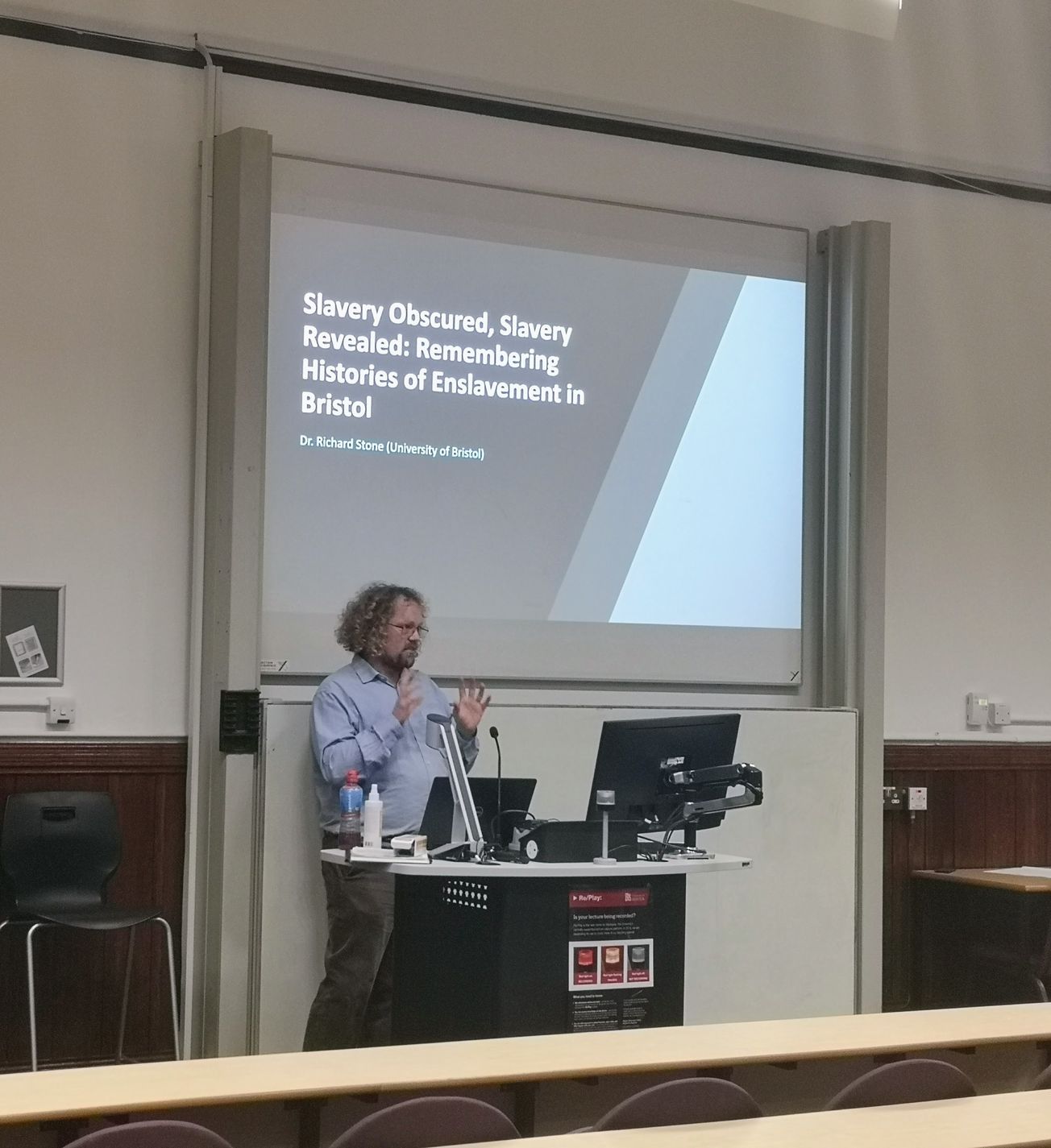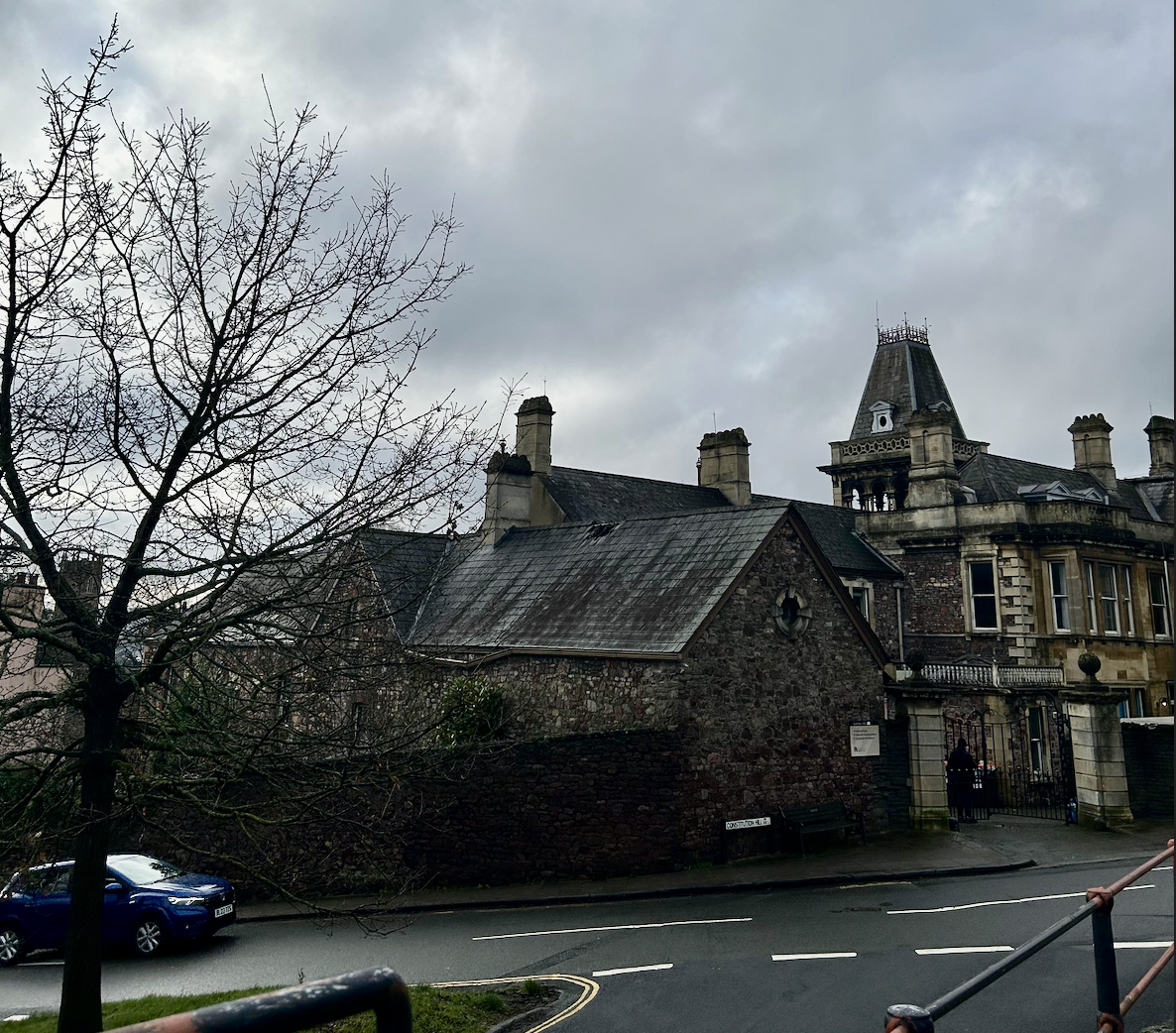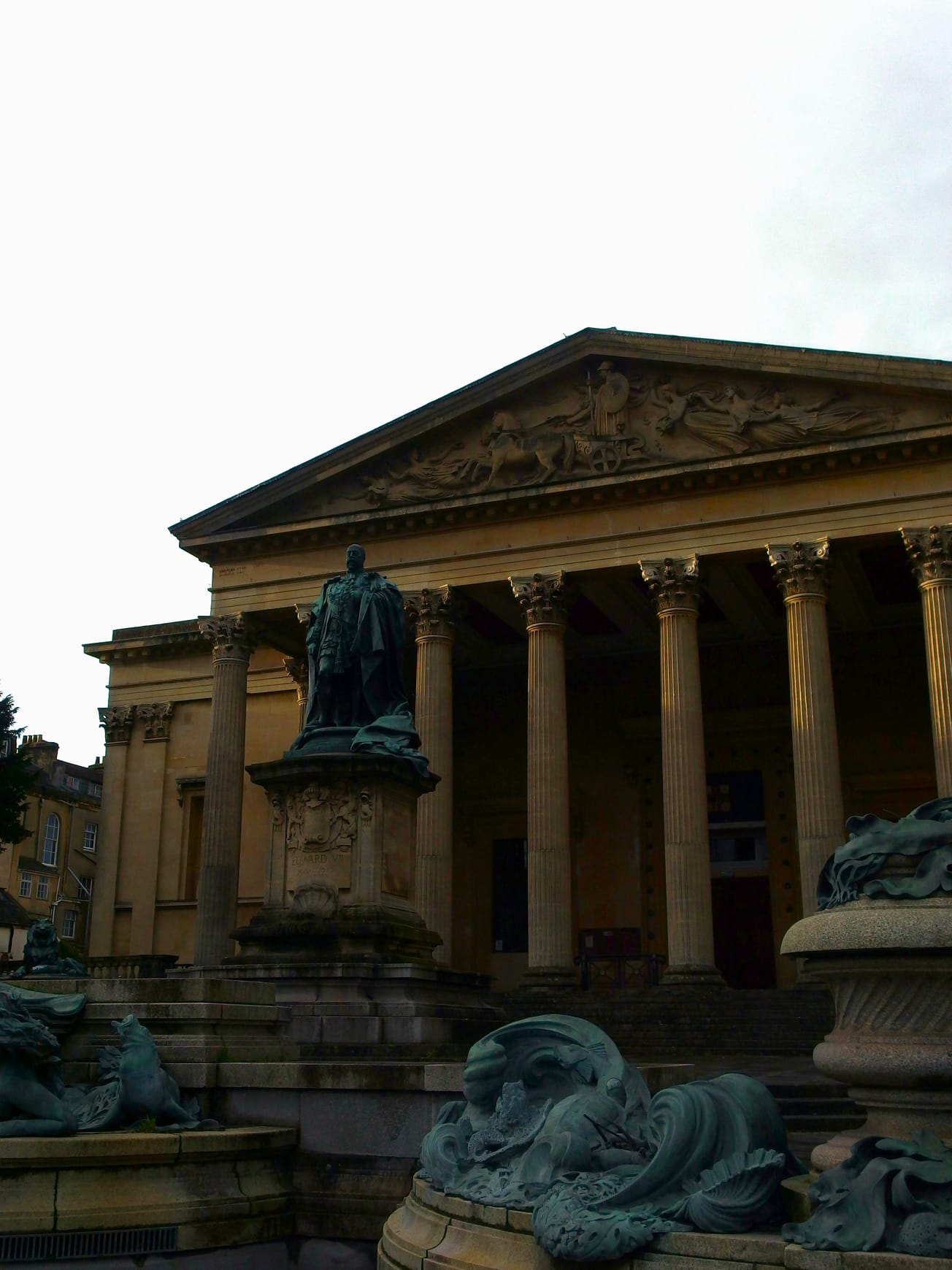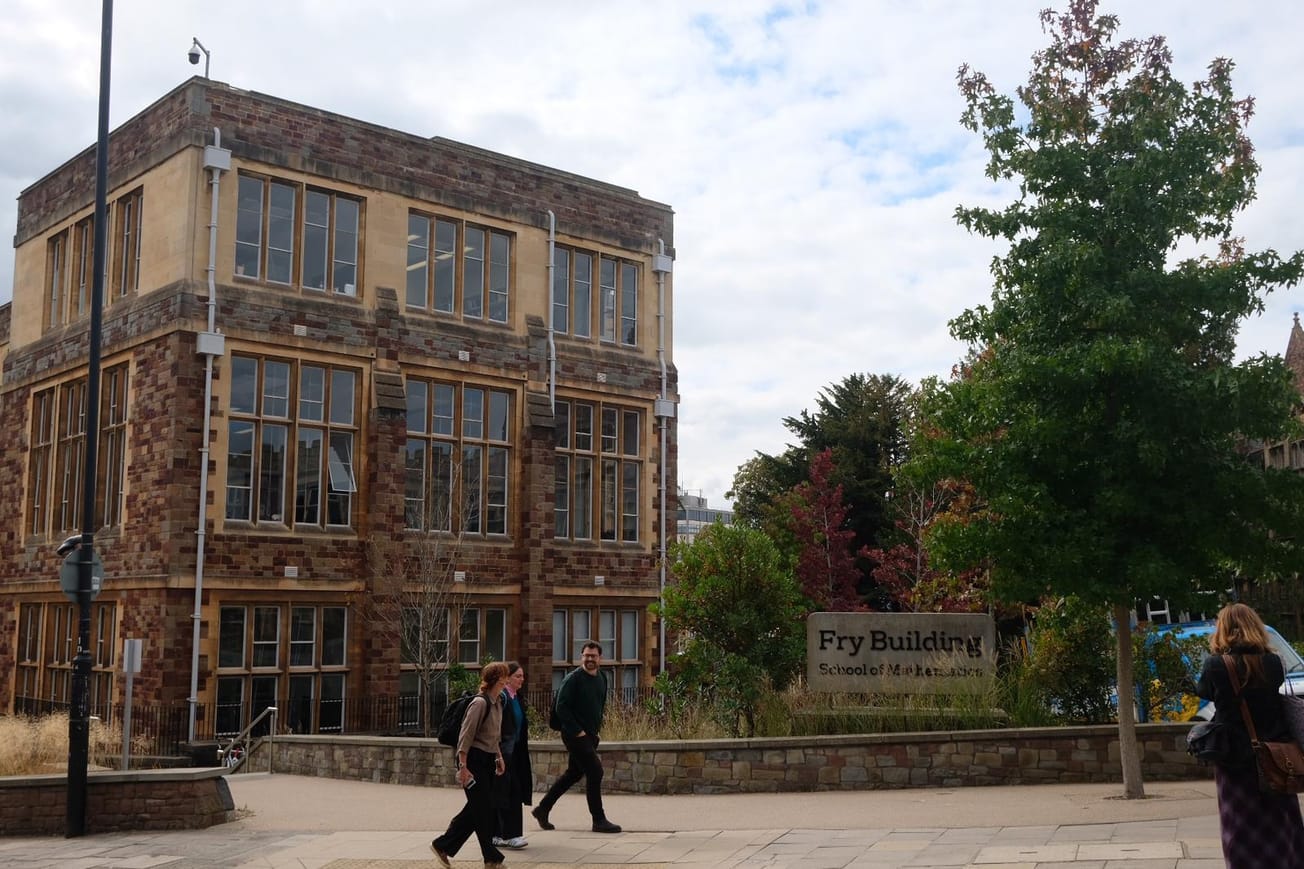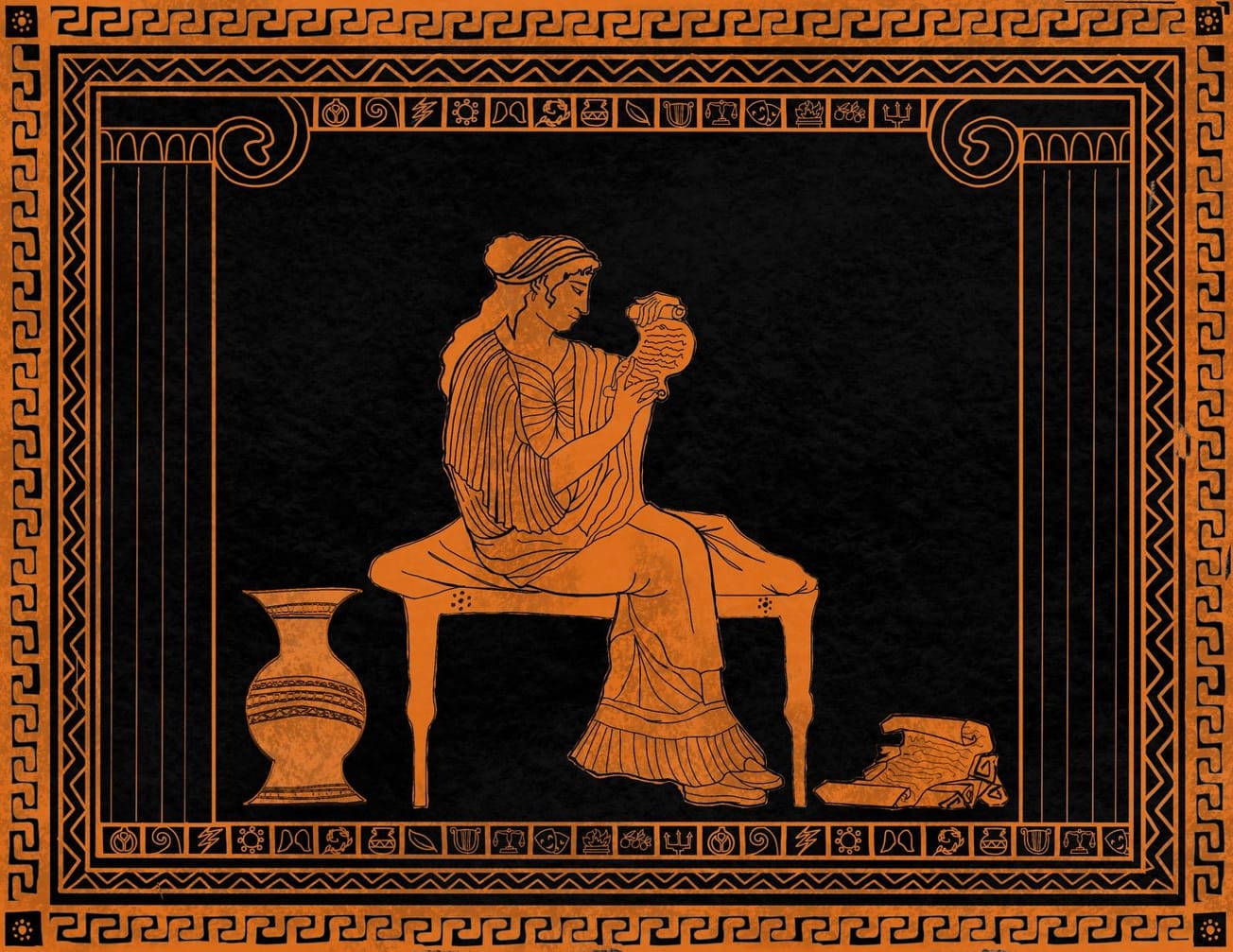By Milan Perera, News Writer
In a ground-breaking discovery, Dr. Richard G Stone, a Senior Lecturer in Early Modern History at the University of Bristol, has unearthed new evidence shedding light on the earliest involvement of Bristol in the transatlantic slave trade.
His research points to a hitherto unknown chapter into the city’s economy: the role of Thomas Colston in the trafficking of enslaved African people prior to the involvement of his elder brother, Edward Colston in the transatlantic slave trade.
The sequence of events expounded by Dr. Stone reads more like a detective novel which challenges the accepted version of events surrounding Bristol’s engagement in the enslavement.
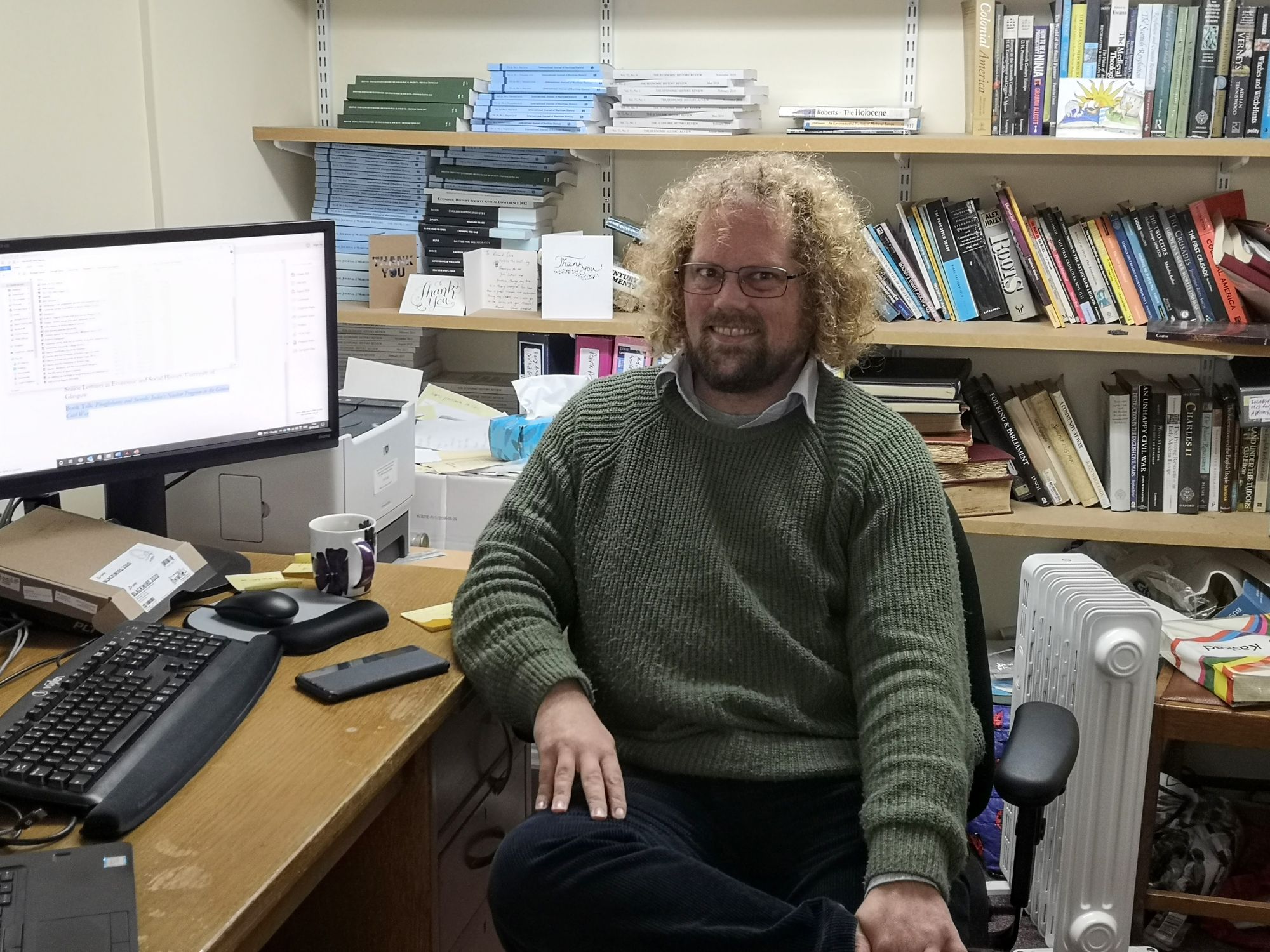
Dr. Stone, known for his extensive research into Bristol's historical involvement in transatlantic slave trade, spent years examining archival records and conducting meticulous investigations to trace the role of Thomas Colston.
During the 17th century, the Royal African Company held the monopoly over trade which essentially barred Bristol from trading with Africa until 1698. His findings have proven to be a paradigm-shifting revelation for academia and the community alike.
According to Dr Stone’s research, Bristol's connection to the slave trade predates previous estimates by several decades. While it was commonly believed that the city's involvement began in the late 17th century, his work indicates that Bristol merchants were actively participating in the slave trade as early as early as 1662 where Bristol ships were engaging in illicit voyages for the trafficking of enslaved Africans. One of the first of these was the Endeavour, on which Thomas Colston was a principal investor.
Thomas Colston was the younger brother of Edward Colston (1636 – 1721), the once celebrated son of Bristol whose legacy could be seen memorialised in the breadth and width of the cityscape until recently.
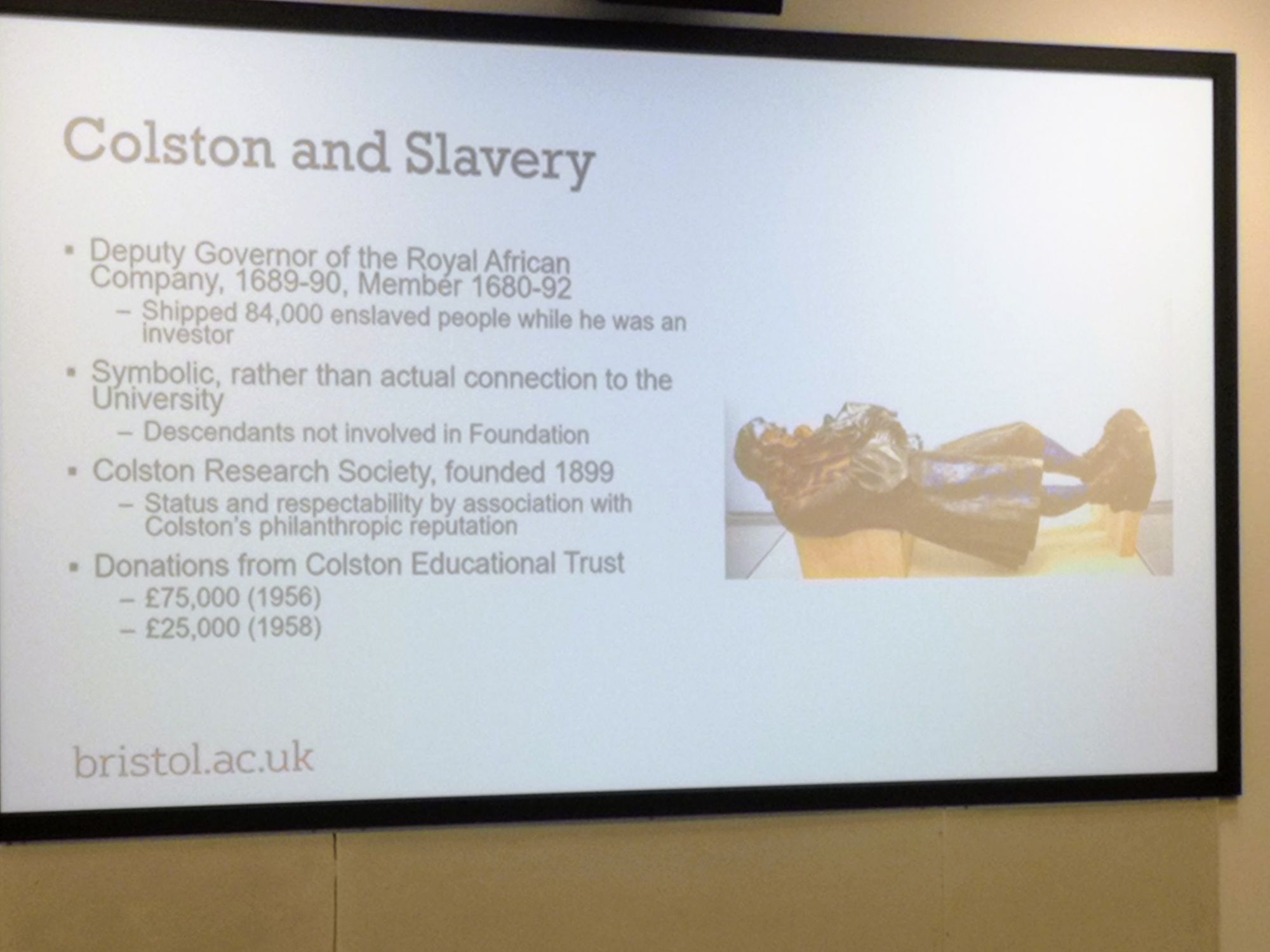
Edward Colston was the deputy governor of Royal African Company and a Member of Parliament for Bristol. According to the Bristol based historian and broadcaster, David Olusoga, during Edward Colston’s association with the Royal African Company between 1680 and 1692, around 84,000 African natives were shipped into slavery, including 12,000 children.
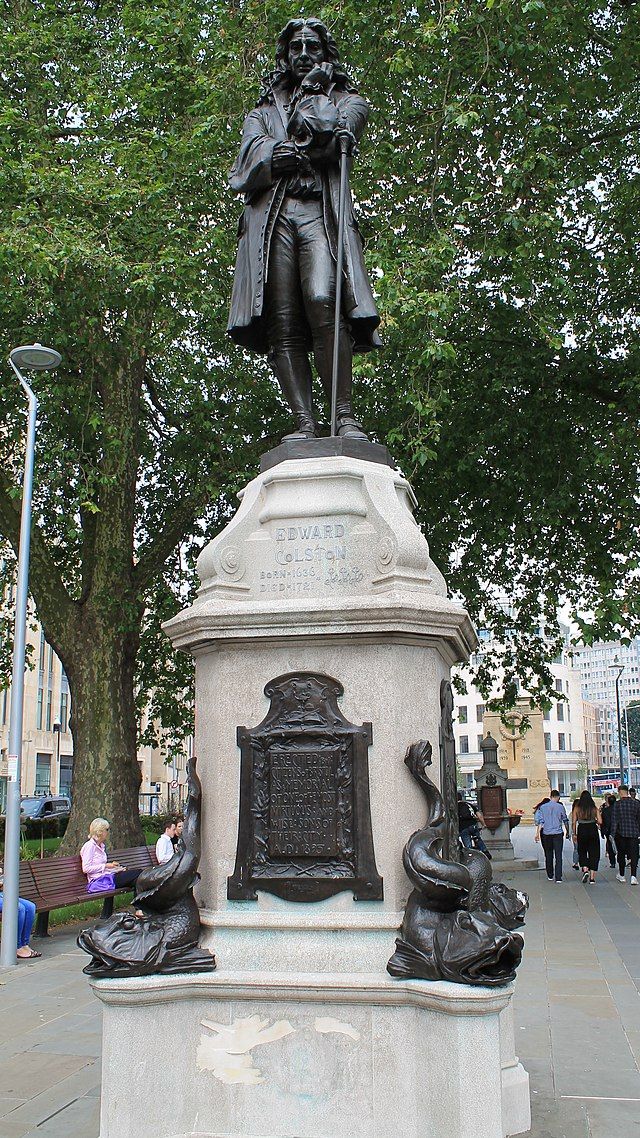
Furthermore, Dr. Stone's research highlights the significant profits amassed by Bristol merchants during this early phase of the slave trade. It also demonstrates how the slave trade contributed to the growth of Bristol's economy, transforming it into a major hub for the trading of enslaved people, goods, and resources outside London.
The Senior Lecturer emphasises the importance of acknowledging this chapter in Bristol's history to gain a more comprehensive understanding of the city's past. He urges the community to confront the uncomfortable truths and engage in open dialogue about the legacy of slavery.
Speaking to exclusively to Epigram about the difficulty in finding easily recognisable 'sites' relating to slavery in Bristol, Dr. Stone pointed out that:
‘One of the problems with remembering slavery and its legacies in Bristol is that the city simply doesn’t look like slavery. There are no rows of chains, or rotting hulks of ships; instead we just see grand buildings. It is thus essential for historians and others to talk about this past so that it can no longer be forgotten and obscured.’
Under the auspices of Bristol Museum and Art Gallery, Dr. Stone is delivering a Regional History Talk to elaborate on his findings on June 15, 2023 via Zoom.
Many have been calling for a revaluation of Bristol's public spaces, statues, and commemorative plaques, which currently honour individuals such as Edward Colston who profited from or were involved in the slave trade.
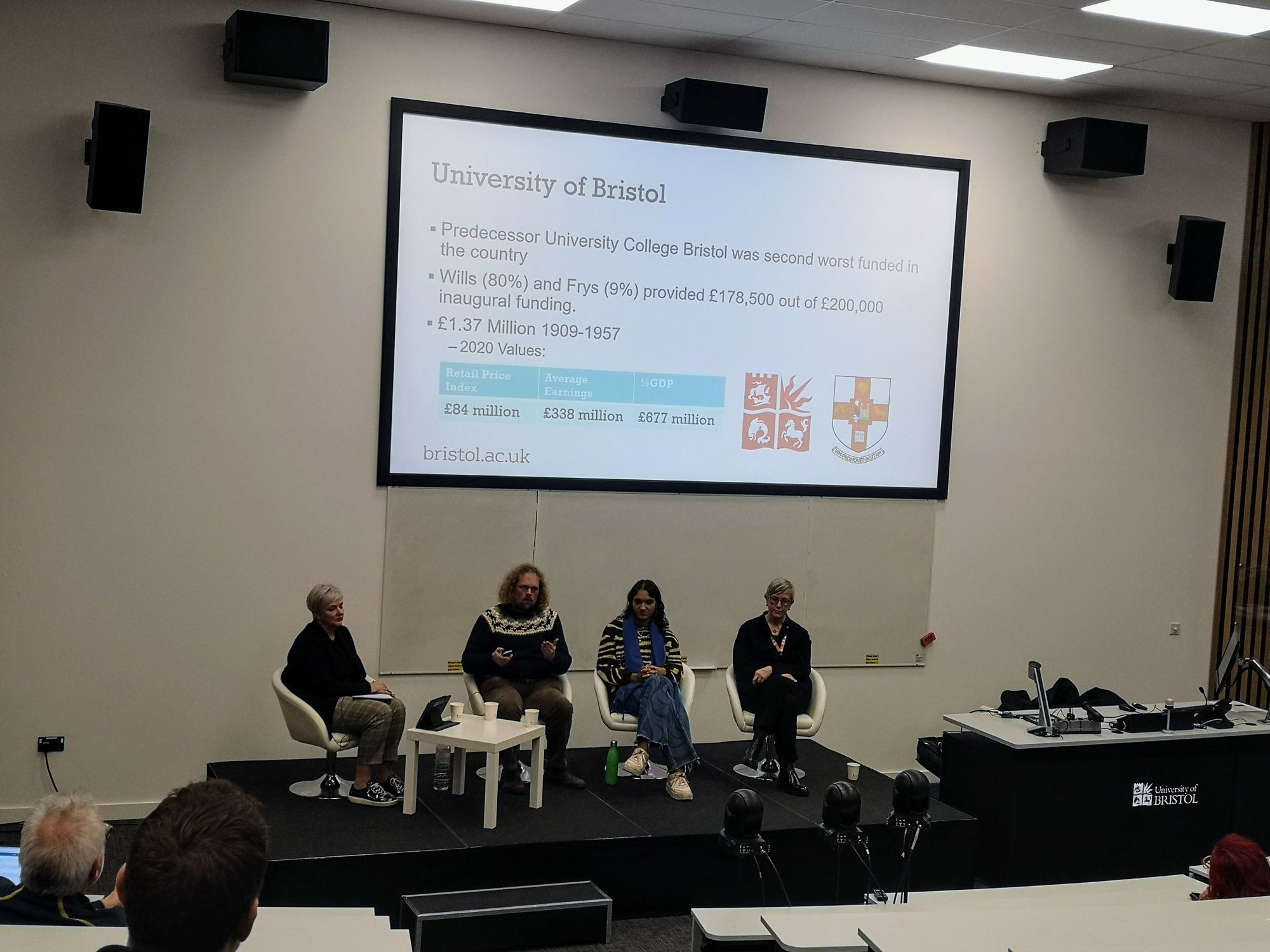
Dr. Stone was also one of the co-authors of 'Legacies of Slavery' report that led to the public consultation into whether University buildings with links to the slave trade should be renamed.

